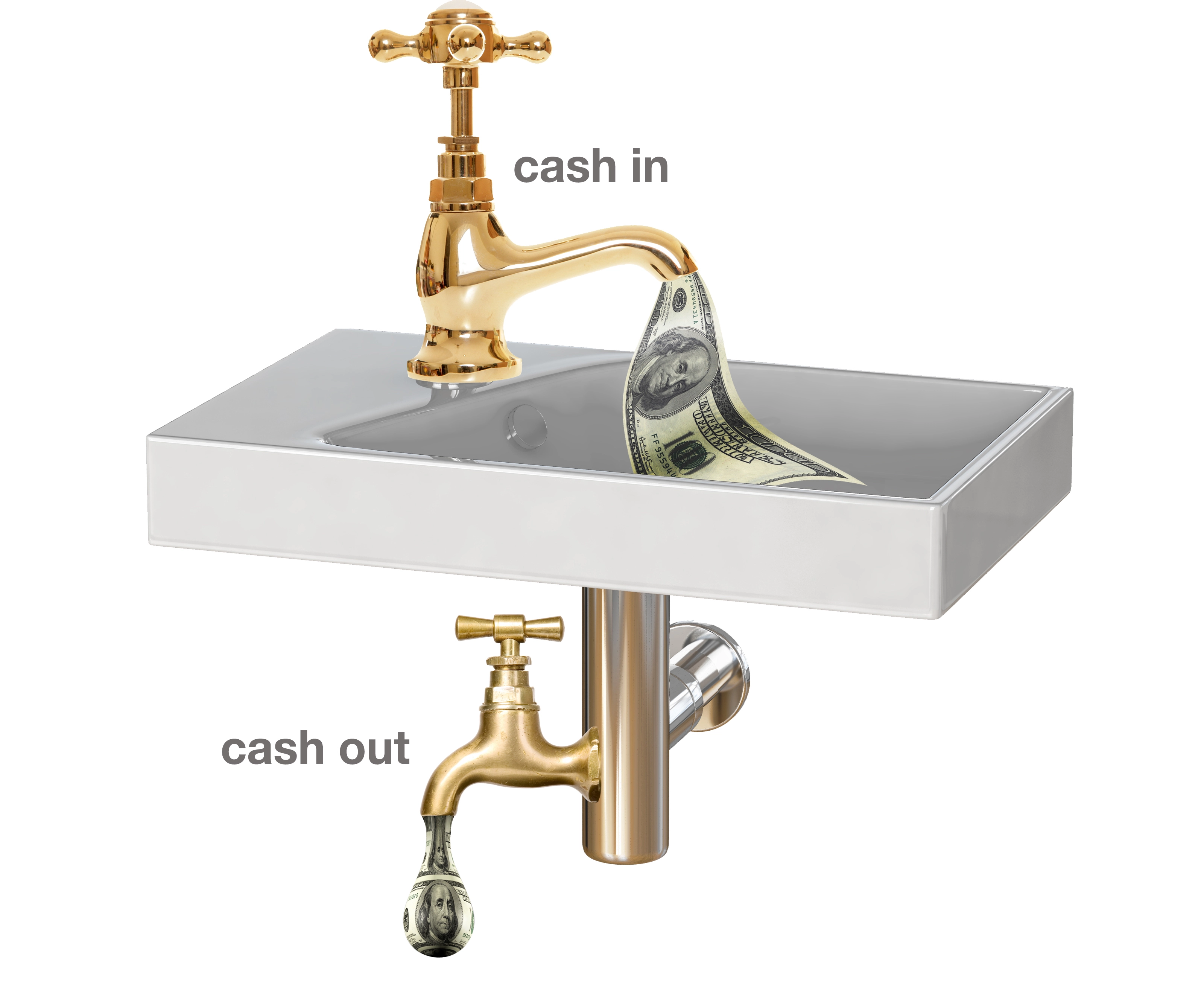Over the years I’ve seen some really dumb financial mistakes that contractors and other business owners make. These mistakes are compiled in my upcoming book, 101 Dumb Financial Things Business Owners Do and How to Avoid Them. Some of you will recognize the stories…and possibly, how you rectified the problems.
Dumb Financial Mistakes to Avoid
Over the next 12 months, I will reveal some of the dumbest. I know you won’t make these mistakes especially after I reveal them. By avoiding these potential problems you’ll have fewer heartaches, fewer sleepless nights, and a more profitable business.
This month I write about one of the biggest mistakes: abdicating the responsibility for the financial part of your company.
The Biggest Financial Mistake A Business Owner Can Make
If you are like most business owners, one of your first hires was probably a person who answered the phone, did the books, and performed other office duties. Your thought, “I hired a bookkeeper. Now I don’t have to worry about the books anymore.”
Indeed, you can delegate responsibility for the day-to-day bookkeeping activities. However, you must retain financial oversight and review. It’s your business. Abdicating the entire financial responsibility of your company is a mistake. You must oversee all of it, including financials.
How Would You Grade Your Financial Scorecard?
Your financial statements are your scorecard. You must know what these statements reveal about your finances. This requires some time to learn what they mean. While it’s much easier than learning to read a wiring diagram, I am sure the first time you saw a wiring diagram you probably had no clue as to what it meant and how to use it. However, you needed to know it so you studied and learned with the understanding that it would be a vital part of your business success.
The same is true for financial statements. The first time you see financial statements you will not understand them. I’d advise you to study and learn because financial statements are also critical to your success.
Theft often happens when you stop paying attention to the financial part of your company. It’s easy to become complacent – you develop trust with your bookkeeper. But while you focus your attention on the parts of your business you like doing, i.e., taking care of customers, dealing with sales and operations, and other non-financial activities, things can go missing.
Here are three financial oversight processes:
1. Review your bank accounts online daily. This takes less than 5 minutes, and you can do it from almost anywhere in the world. See if anything odd is happening with the account. Look at the deposits and withdrawals, especially ACH withdrawals. Ask your bookkeeper questions if things don’t look right. When you do, you put your bookkeeper on notice that you are paying attention. Embezzlers steal through cash and materials. Paying attention to cash makes it harder to steal.
2. Review your financial statements monthly and know what they mean. Do the ratios and graphs that look at your financial trends. (These ratios and trends were covered in 2022). Ask questions if things don’t look right. Again, this puts your bookkeeper on notice that you are paying attention.
You should receive a profit and loss (P&L) statement and a balance sheet by the 15th of the following month. Be clear that you won’t accept excuses for late statements. It’s the bookkeeper’s responsibility to produce timely, accurate financial statements. You can’t take care of minor issues that appear on a statement that is three months old. The minor issue has probably become a major crisis in those three months.
In the old days, we had to wait until our bank statements came through snail mail so the 15th of the month, or later, was the norm. Now you can get your vendor statements and see your bank statements every day online. No more excuses!
3. Along with the financial statements, you should review an aged accounts receivable and accounts payable report. If the aged receivables don’t match the amount of the receivables on your balance sheet or the aged payables don’t match the accounts payable amount on your balance sheet, something is VERY wrong!
Ask questions and find out what is going on. Many times, embezzlers use journal entries in the accounts receivable or accounts payable module and don’t go through the normal journals.
As much as you may not like reviewing financial statements, it is your responsibility. Your bookkeeper does the day-to-day entries and prepares the statements for you. Look at them. Analyze them. If you make this a consistent practice, you’ll spot minor issues and be able to take care of them before they become major crises. Then you can make good business decisions based on accurate financial data.
Ruth Kind has over 25 years of experience in the hvacr industry and has worked with contractors, distributors, and manufacturers to help grow their companies and become more profitable. She is president of HVAC Channel TV and holds a Class II (unrestricted) contractors license in Georgia. Ruth has written several books and has a new one on its way. If you would like an advance copy, Click Here to order. Contact Ruth at ruthking@hvacchannel.tv or call 770.729.0258






